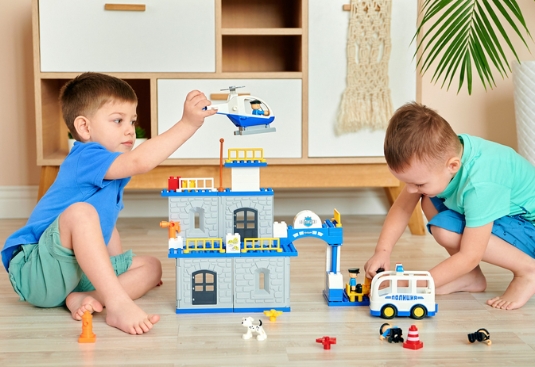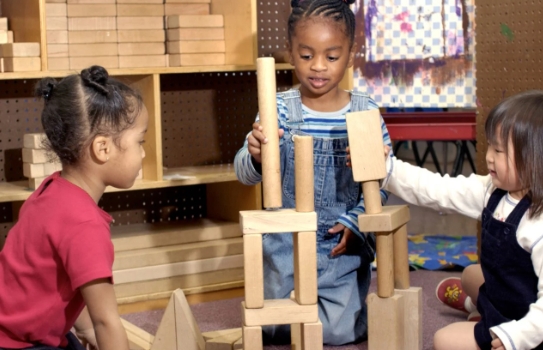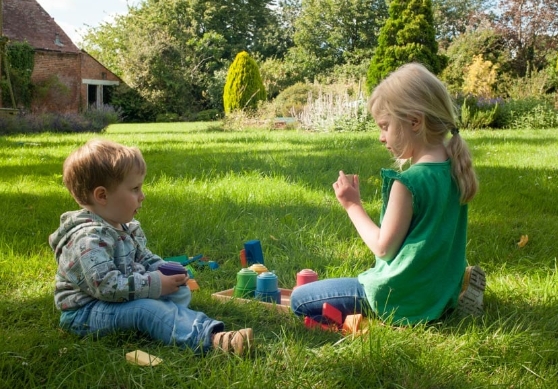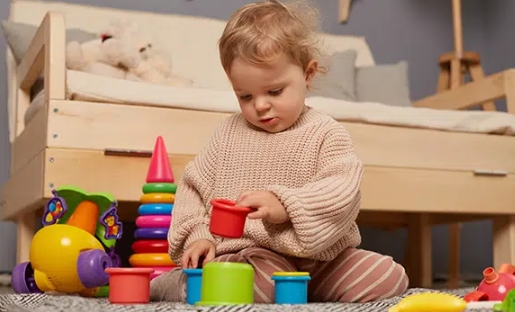whatʼs associative play
Playtime is more than just a fun activity for children – it is a crucial way for them to learn and develop important skills. One key aspect of playtime that often goes unnoticed is the power of association. Building Connections Through Play Children naturally learn to associate different objects, actions, and concepts through play. For […]
whatʼs associative play Read More »










